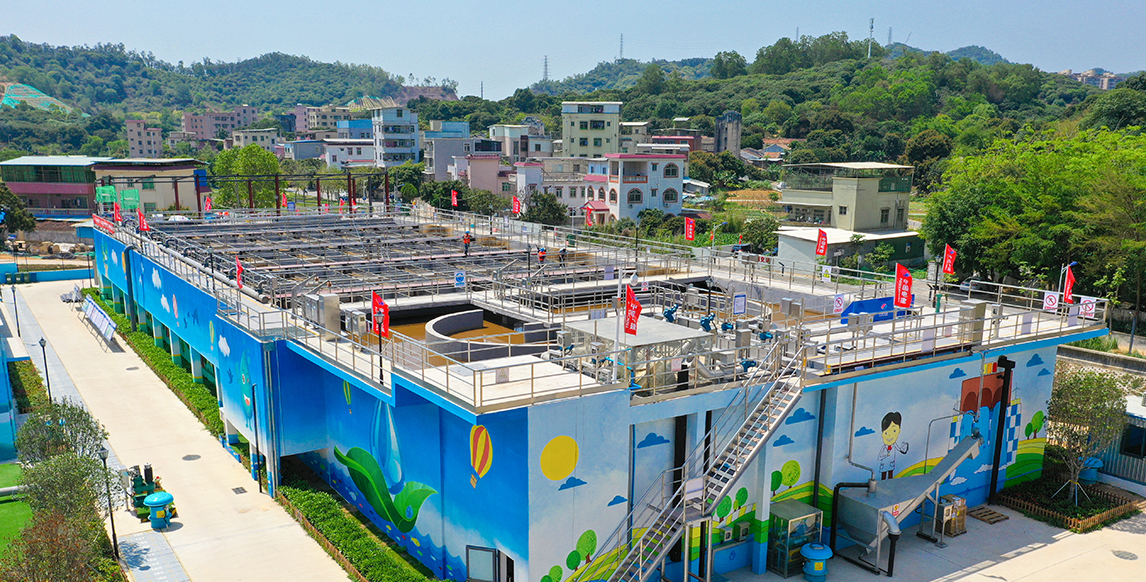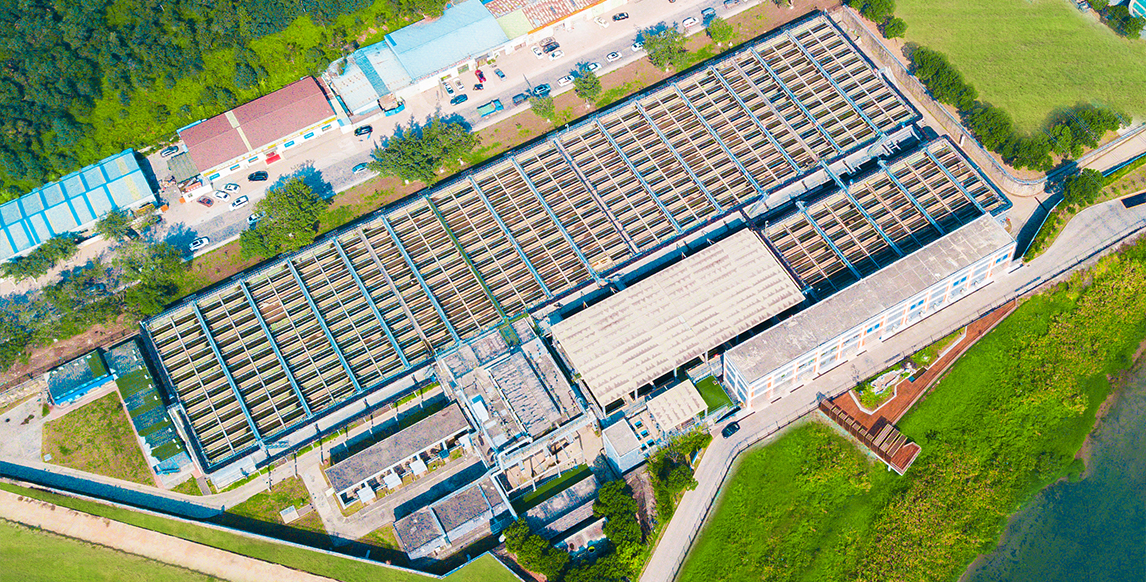Impact of Heavy Rains on Sewage Treatment Plants——Innovative Rapid Biochemical Sewage Treatment Processes Offer an Effective Response
Have you ever pondered the impact of heavy rains on sewage treatment plants? It's a question that might not cross your mind often, but it holds significant implications for our environment and urban infrastructure. When heavy rains or floods strike, sewage treatment plants face severe challenges.
These facilities, often located in the middle and lower reaches of cities or in relatively low-lying areas, are subjected to increased hydraulic loads. The intense rainfall causes the water level in the plant area to reach or even exceed the inflow standard. This overloads the operation of the sewage plant due to the increased water volume. Additionally, the erosion of water pours most of the sediment and suspended matter from the pipe network into the sewage plant, intensifying the pressure on the pretreatment facilities. Moreover, the influx of water dilutes the concentrations of pollutants, such as CODcr, BOD5, NH3-N, and TP in the incoming water. This can inhibit the biochemical system, causing pollutant indicators in the effluent, such as NH3-N and suspended solids, to fluctuate.

So, how do sewage treatment plants that primarily utilize rapid biochemical sewage treatment processes respond to these impacts? To answer this, we first need to understand what rapid biochemical sewage treatment is. Proposed by Chen Fuming, a professor at Tsinghua University and a foreign academician of the Russian Academy of Engineering, the rapid biochemical sewage treatment process is defined as a process in which the amount of pollutants digested in the reactor per unit time and unit volume for biochemical treatment is more than fifty percent higher than that of conventional biochemical processes.

One prominent example of this technology is the Rapid Purification of Sewage using Sedimentation Integrated Rectangular Airlift Loop Reactor (RPIR). RPIR module uses the airlift power of aeration to circulate the mixed liquid, improving the mass transfer effect, while T-Bic integrates multiple technologies to achieve high efficiency and high density. In summary, heavy rains can significantly impact the hydraulic load and pollutant concentrations at sewage treatment plants. Despite these challenges, innovative rapid biochemical sewage treatment processes offer an effective response, standing as a testament to human ingenuity in the face of environmental adversity.
 LOADING...
LOADING...
 DATE:2024年03月05日
DATE:2024年03月05日

